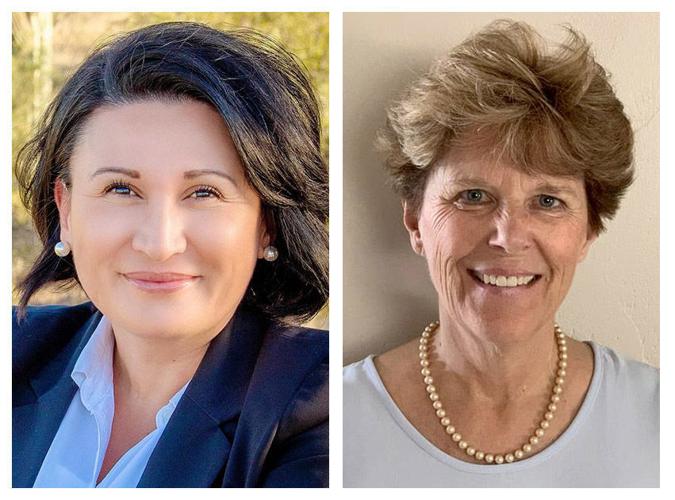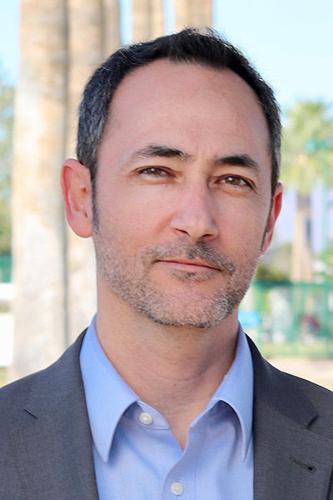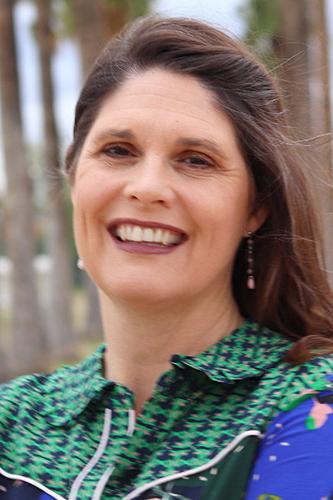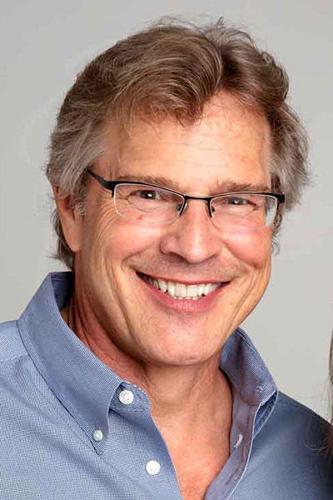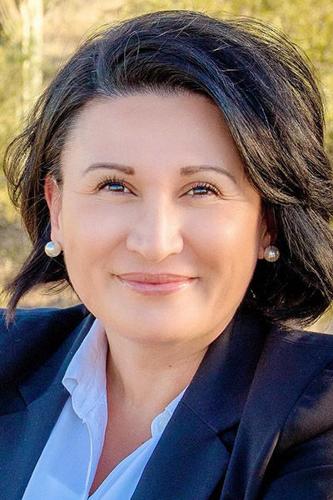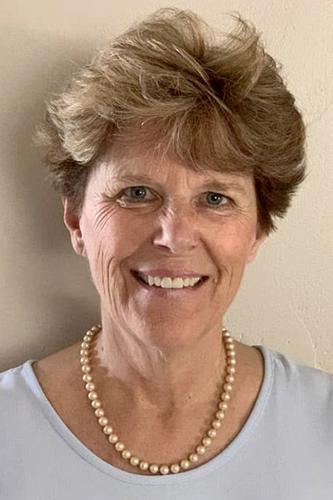Voters on Tucson’s east side and in Oro Valley and Marana will choose among a retired U.S. Marine, a homemaker, a retired teacher, and a lawyer in the Aug. 4 Democratic primary election for state Legislature offices.
In the primary, voters in Senate District 11 will choose one candidate and voters in Legislative District 10 will choose two candidates.
The Star sent questionnaires to candidates in state representative races that have more than two candidates and state Senate races with more than one candidate. The Star did not send questionnaires to candidates in races where the only competition was a write-in candidate.
Vince Leach is running unopposed in the Republican primary for Senate District 11.
Mabelle Gummere and Michael Hicks are running in the Republican primary for Legislative District 10. Both will advance to the Nov. 3 general election.
Senate District 11
Primary voters from each party will choose one candidate in Senate District 11, which includes Oro Valley, Catalina, Marana, Avra Valley, Picture Rocks, and part of Pinal County.
Leach, a SaddleBrooke resident, has held the seat since 2019. In the general election, Leach will face one of the two candidates in the Democratic primary, JoAnna Mendoza or Linda Patterson.
Patterson, an Oro Valley resident, is a retired high school principal and teacher who taught government and law. She also was a therapeutic and intervention counselor. She has a master’s degree in therapeutic counseling from Oregon State University and a master’s degree in public administration from the University of Oregon.
Patterson has been an activist for the environment, climate change and endangered species for more than 40 years. She also has volunteered with victims of domestic violence.
Patterson said her top priority is improving public education in Arizona, which is rated as one of the worst in the country. “We must do better,” Patterson said. The Legislature must invest in children, adolescents and adults by fully funding education and making “robust decisions about education by following proven data, best practices, and solid research.”
She wants to include pre-K student initiatives in funding decisions; to reinvent schools to “reflect the realities of the technological age”; and increase funding for “workplace training, community college and university programs who are severely unfunded now and who will create a strong economy in Arizona.”
To fund these initiatives, Patterson said she wants to revise the tax code, as other states have done.
Patterson says voters should choose her because she is “ethical and visionary, extremely capable in assessing needs, developing coalitions, establishing relationships and gaining results.” She “refused to accept one cent of special interest, PAC or dirty money,” she said.
Mendoza is a Red Rock resident who works as a veterans outreach coordinator at Pima Community College. She has served on the Red Rock School District Governing Board since 2019. She joined the military when she was 17 and served for 20 years before retiring as a U.S. Marine. She has a bachelor’s degree in intelligence studies from the American Military University and a master’s degree in leadership from Grand Canyon University. After leaving the military, she worked as a staffer for Rep. Tom O’Halleran, D-Ariz.
Mendoza said her top priority is to manage the “changes that COVID-19 has forced upon us,” particularly for education and health care. As the recovery unfolds, “we need to support working families and strengthen our social safety nets,” she said. Every child, “regardless of ZIP code,” should have access to quality public education from early childhood to attending community colleges, trade schools, and universities, she said.
She proposed finding additional funds for education by “modernizing our tax code and eliminating the loopholes for corporations and special interest groups that cause our state to lose millions every year in potential revenue.”
She called for better workforce development programs to attract new employers and strengthen local economies. She also wants more investment in clean energy jobs.
With regard to health care, Mendoza pointed to access and affordability as major challenges, particularly in rural areas. “Health care is a human right and we need to address the shortage of physicians and medical care professionals, maintain funding for KidsCare, expand telehealth services, and improve access to medical facilities in rural areas.”
Mendoza says voters should choose her because she devoted her life to “service to my country, service to my community, and service to the people of Arizona.”
Legislative District 10
Voters will choose two candidates for state representative in Legislative District 10, which includes midtown Tucson east of Campbell Avenue between Speedway and 22nd Street, east side, Foothills area east of Bear Canyon Road, Davis-Monthan neighborhoods, and Civano.
Democrat Domingo DeGrazia has held one of the seats since 2019. Kirsten Engel, also a Democrat, has held the other seat since 2017. Engel is running for a state Senate seat against write-in candidate David Moore.
The candidates in the LD10 Democratic primary are DeGrazia, Stephanie Stahl Hamilton and Paul Stapleton-Smith.
DeGrazia is an attorney from Tucson. He has a master’s degree in aeronautical science from Embry-Riddle Aeronautical University and a law degree from Oklahoma City University. He also is a certified information privacy professional.
His top priority is pandemic relief. “Between the failure of our state and federal governments to handle this crisis to the many preexisting failures in our policies and social support systems, we have a lot of work to do to help Arizonans and the Arizona economy recover from this pandemic,” DeGrazia said.
Passing criminal-justice reform laws would “free up revenue that currently goes toward the $1 billion Department of Corrections annual budget,” DeGrazia said. “We need to invest in our public schools to ensure they have resources needed to offer meaningful and engaging online/distance learning and adapt schools for the constraints a post-pandemic world must operate under.”
“We need to make sure every Arizonan has access to affordable health care that isn’t tied to a job so that we’re ready for the next time we face a public health crisis that causes massive unemployment,” DeGrazia said.
He said he is committed to upholding “our constitutional right to privacy in the digital age,” which is particularly important as much of the U.S. economy is being conducted virtually during the pandemic. He called for “robust protections for our personal data to ensure no bad actors can take advantage of this increase in remote employment and digital engagement.”
DeGrazia says voters should choose him because he was born and raised in the district and has represented the district well since he was elected in 2018.
Stapleton-Smith, a local labor leader, did not respond to the Star’s questionnaire.
Hamilton is a Tucson resident who works as a homemaker. She has a bachelor’s degree from Eastern Nazarene College and a master’s of divinity from Princeton Theological Seminary.
She served on the Pima County Interfaith executive and education teams to advocate for better policies at the Legislature. She collected signatures for the Save Our Schools campaign and helped found the Tucson Unified Parent Advocacy Council. She was appointed to the Tucson Unified School District Family Life Curriculum Committee, which she said “provided a medically accurate, comprehensive and inclusive sexual education curriculum.”
Hamilton’s top priority is to “make sure that we are investing our state’s resources for a more sustainable future ... Most of the children in our state do not have a fully funded education or access to quality, affordable health care,” a deficiency highlighted by the pandemic, Hamilton said.
“Addressing these two issues should be our first concern when the Legislature reconvenes; our children and lower-income communities are being hardest hit by COVID-19, and we need to support them,” she said.
Hamilton says voters should choose her because her “lived experience sets me apart from my competitors. ... As the wife of a public middle school teacher and the mother of three children, it has been a challenge to provide for our family. My children have never experienced a fully funded education, and we have struggled the better part of 17 years to provide health care for them.”
“I have felt the effects of poor policy crafted by our state’s Legislature, and that is what jump-started my civic involvement,” Hamilton said.



